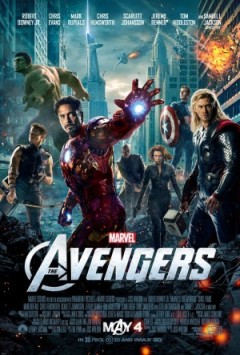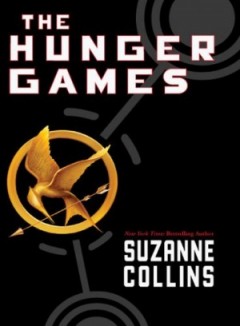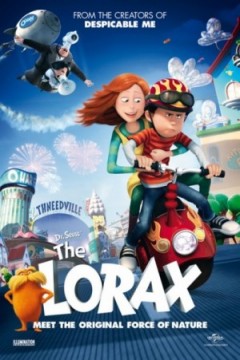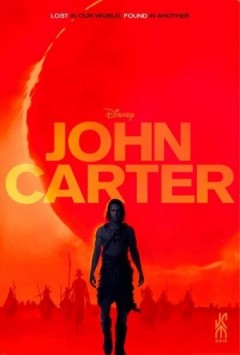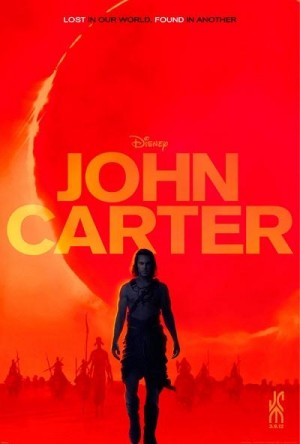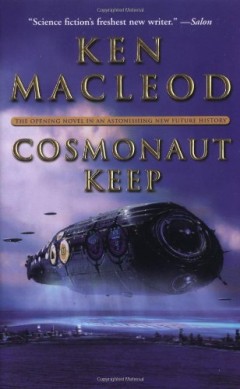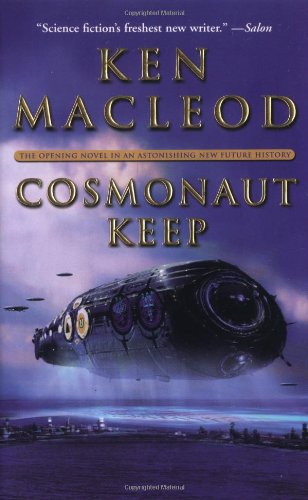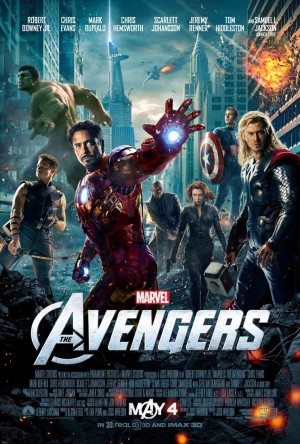
After a series of movies about individual superheroes, movies that gave us their origin stories, we have finally been treated to the culmination of the last few years and so many millions of man-hours: The Avengers. The films leading up to it were generally fair to middling, I thought, with the first Iron Man rising maybe half a skosh above that level. The latest comes heralded by uniformly positive reviews. It is, we are told, much better than one would expect. According to most reviews, there is a greater focus on character than one usually gets in an action movie, but there is no skimping on set pieces. The reality, for me, was more of the same: half a skosh above decent.
Loki, Thor’s brother and fellow god, wants to rule the Earth. He makes a deal with some aliens who agree to conquer the Earth for him in exchange for the Tessaract, an artifact of immense power, which will also play a role in transporting the invading army to New York to begin the takeover. Loki steals the Tessaract from Nick Fury, who then assembles the Avengers to find him, find it, find out what the plan is, and do anything else that needs a little superpower elbow grease. A lot of bickering between incompatible personalities and a whole lot of violence and destruction ensue.
The plot is unremarkable but perfectly adequate, and that is a good description for the movie as a whole. There are no scenes whose impact lingers in your memory after the credits have rolled, no wonderful development of character, no stunning visuals, no lines of great insight, no “aha!” moments. What it does have, to go with its serviceable story, is competent direction, a few genuinely amusing visual jokes, a bevy of one-liners that play well to an opening-weekend audience, and the action set pieces that many movie goers — mostly male — crave sometimes to the exclusion of all else.
